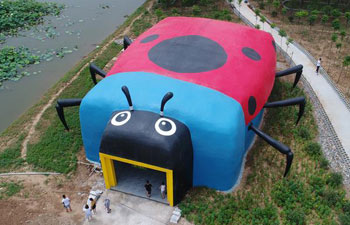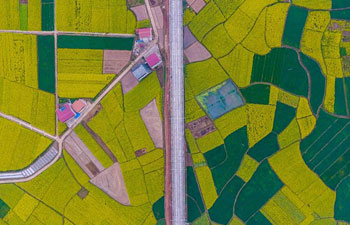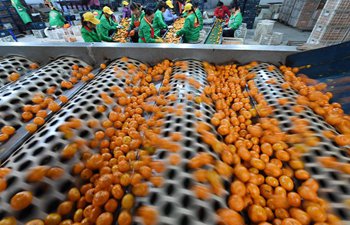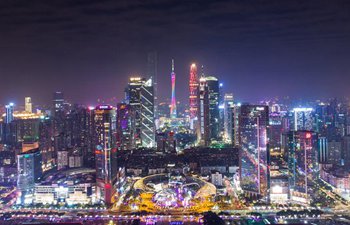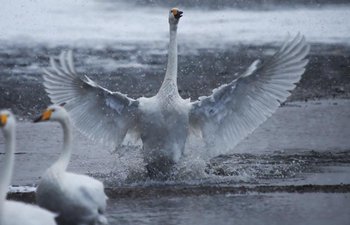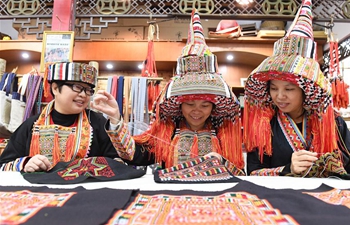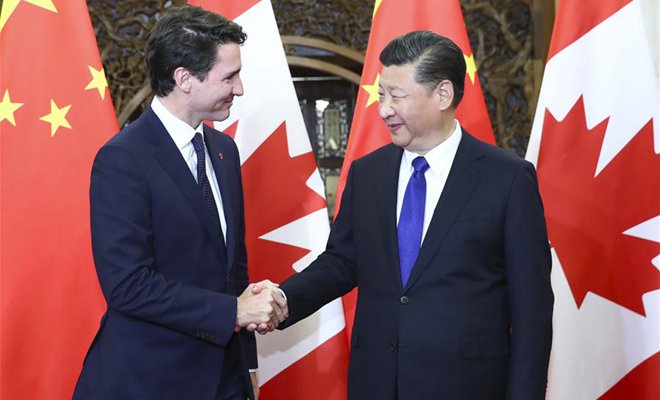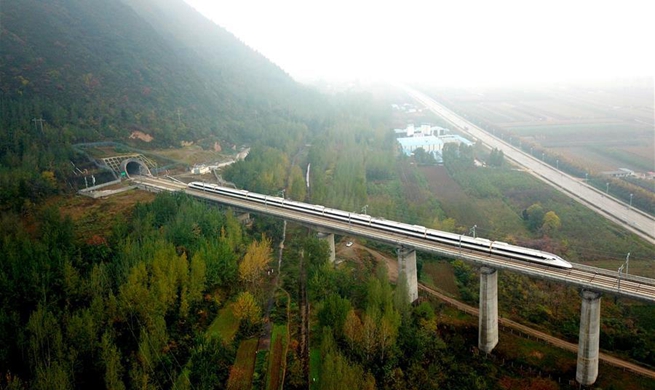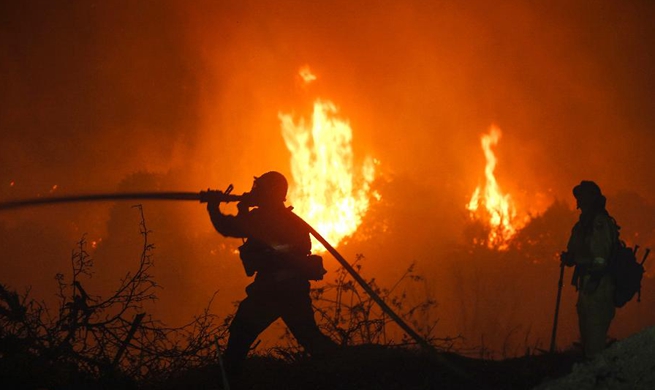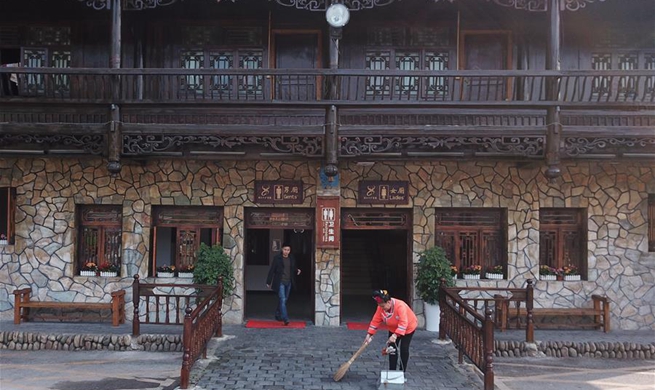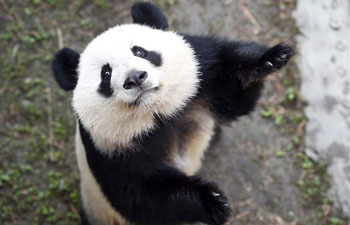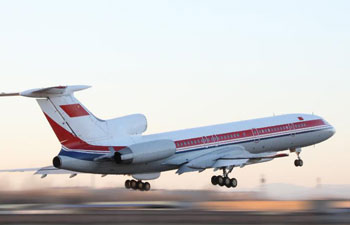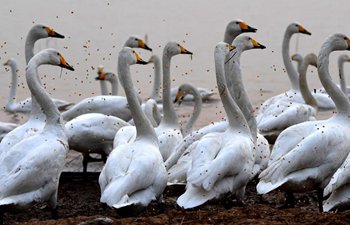SYDNEY, Dec. 6 (Xinhua) -- An Australian environmental group wants levies on air and sea cargo for a "biosecurity fighting fund" to deal with some of the country's "mostly deadly invasive species", such as red-eared slider turtles and poisonous Asian black-spined toads.
Many of these species find their way into Australia via travelers, as illegal pets and even through furniture, the nongovernmental Invasive Species Council's CEO Andrew Cox told Xinhua on Wednesday.
"When people go traveling as a tourist, they may put their shoes outside their hotel room during the day. The toad could get inside their shoes and they put their shoes in the luggage ... and they'd bring them out at home and the toad escapes. They could also hop inside containers and equipment that get transported to Australia."
The Asian black-spined toad, which secretes toxins from glands on its back, is common in South and Southeast Asia.
It was recently spotted near the Perth Airport in Western Australia, the council said in a media release. Its blacklist of foreign species that compete with and harm local ones also includes fire ants which have turned up in Queensland state, the fungal myrtle rust plant which has reached southern island Tasmania and "aggressive", illegally released aquarium fish.
The red-eared slider turtle, native to the southern United States, is a popular pet but also rated as "one of the world's worst invasive species", said the council.
Other than the biosecurity fund, the group is also calling for "a national priority list of major looming invasive threats" and "stronger focus on the environmental and social risks posed by dangerous new invasive species".
"Australia's environmental border controls are a leaky sieve and must be fixed," said Cox.
Australia's Department of Agriculture and Water Resources uses x-ray machines, surveillance and detector dogs as part of its biosecurity measures, "as the barriers of time and distance become less relevant and international travel and trade increase", according to its website.




